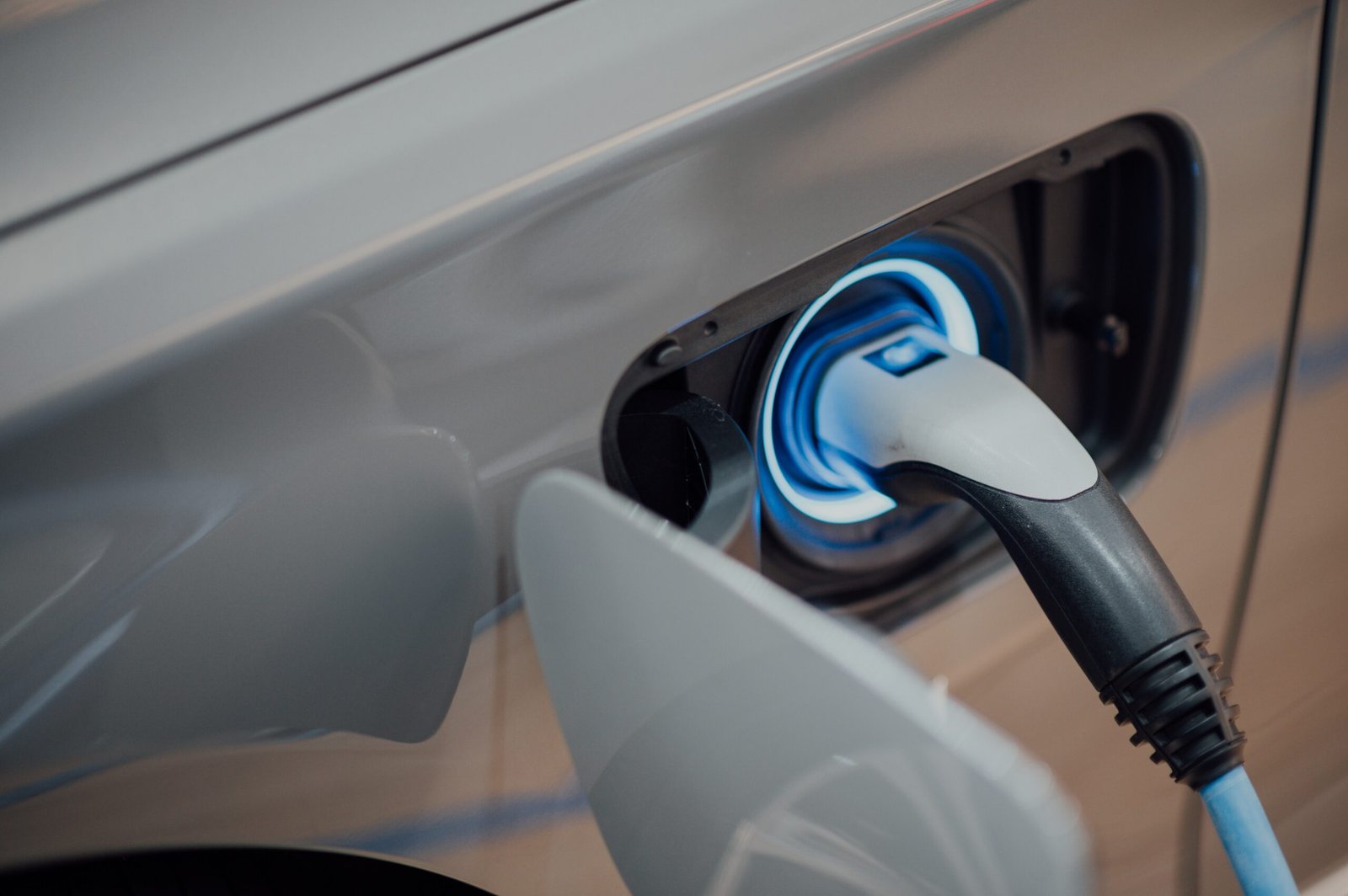Electric vehicles (EVs) have come a long way in recent years, and the future is looking bright for these eco-friendly modes of transportation. With advancements in technology and a growing demand for sustainable options, more and more EVs are hitting the roads.
The Rise of Electric Vehicles
The rise of electric vehicles can be attributed to several factors. First and foremost, the increasing concern about climate change and the need to reduce greenhouse gas emissions has led to a greater focus on sustainable transportation options. EVs produce zero tailpipe emissions, making them an attractive choice for environmentally conscious individuals.
Additionally, advancements in battery technology have made EVs more practical and convenient. The development of lithium-ion batteries has significantly increased the range of electric vehicles, allowing drivers to travel longer distances without needing to recharge. This has helped alleviate one of the main concerns surrounding EVs – range anxiety.
Types of Electric Vehicles
There are several types of electric vehicles available on the market today, catering to different needs and preferences. Let’s take a closer look at some of the most popular types:
1. Battery Electric Vehicles (BEVs)
BEVs are fully electric vehicles that run solely on battery power. They do not have an internal combustion engine, relying entirely on electricity for propulsion. BEVs are known for their zero tailpipe emissions and quiet operation. They are ideal for daily commuting and short-distance travel.
2. Plug-in Hybrid Electric Vehicles (PHEVs)
PHEVs combine an electric motor with an internal combustion engine. They can be charged from an external power source and also have a gasoline engine that kicks in when the battery is depleted. PHEVs offer the flexibility of running on electric power for shorter trips and switching to gasoline for longer journeys.
3. Hybrid Electric Vehicles (HEVs)
HEVs are powered by both an internal combustion engine and an electric motor. Unlike PHEVs, they cannot be charged externally and rely on regenerative braking to recharge the battery. HEVs are known for their fuel efficiency and are a good option for those who want to reduce their carbon footprint without worrying about charging infrastructure.
The Latest EV Models
As the demand for electric vehicles continues to grow, automakers are introducing new and exciting models to the market. Here are a few of the latest EVs that are hitting the roads:
1. Tesla Model 3
The Tesla Model 3 is one of the most popular electric vehicles currently available. It offers impressive range, sleek design, and advanced technology features. With its affordable price point compared to other Tesla models, the Model 3 has helped bring electric vehicles into the mainstream.
2. Nissan Leaf
The Nissan Leaf has been a pioneer in the electric vehicle market. It is known for its reliability, practicality, and affordability. The latest model offers an extended range and improved performance, making it an attractive option for those looking for a compact electric car.
3. Chevrolet Bolt EV
The Chevrolet Bolt EV is a compact hatchback that offers a generous range and spacious interior. It combines practicality with electric power, making it a great option for everyday use. The Bolt EV has received positive reviews for its driving dynamics and overall value.
The Future of Electric Vehicles
The future of electric vehicles looks promising. With governments around the world implementing stricter emissions regulations and offering incentives for EV adoption, the market is expected to continue growing. Automakers are investing heavily in research and development to improve battery technology, increase range, and reduce costs.
Furthermore, the expansion of charging infrastructure is making it easier for EV owners to recharge their vehicles on the go. Fast-charging stations are becoming more prevalent, reducing the time it takes to charge an EV significantly.
In conclusion, the new wave of electric vehicles is revolutionizing the way we think about transportation. With their zero emissions, improved range, and growing availability, EVs are becoming an attractive option for eco-conscious consumers. As technology continues to advance and the infrastructure expands, we can expect to see even more exciting developments in the world of electric vehicles.

































